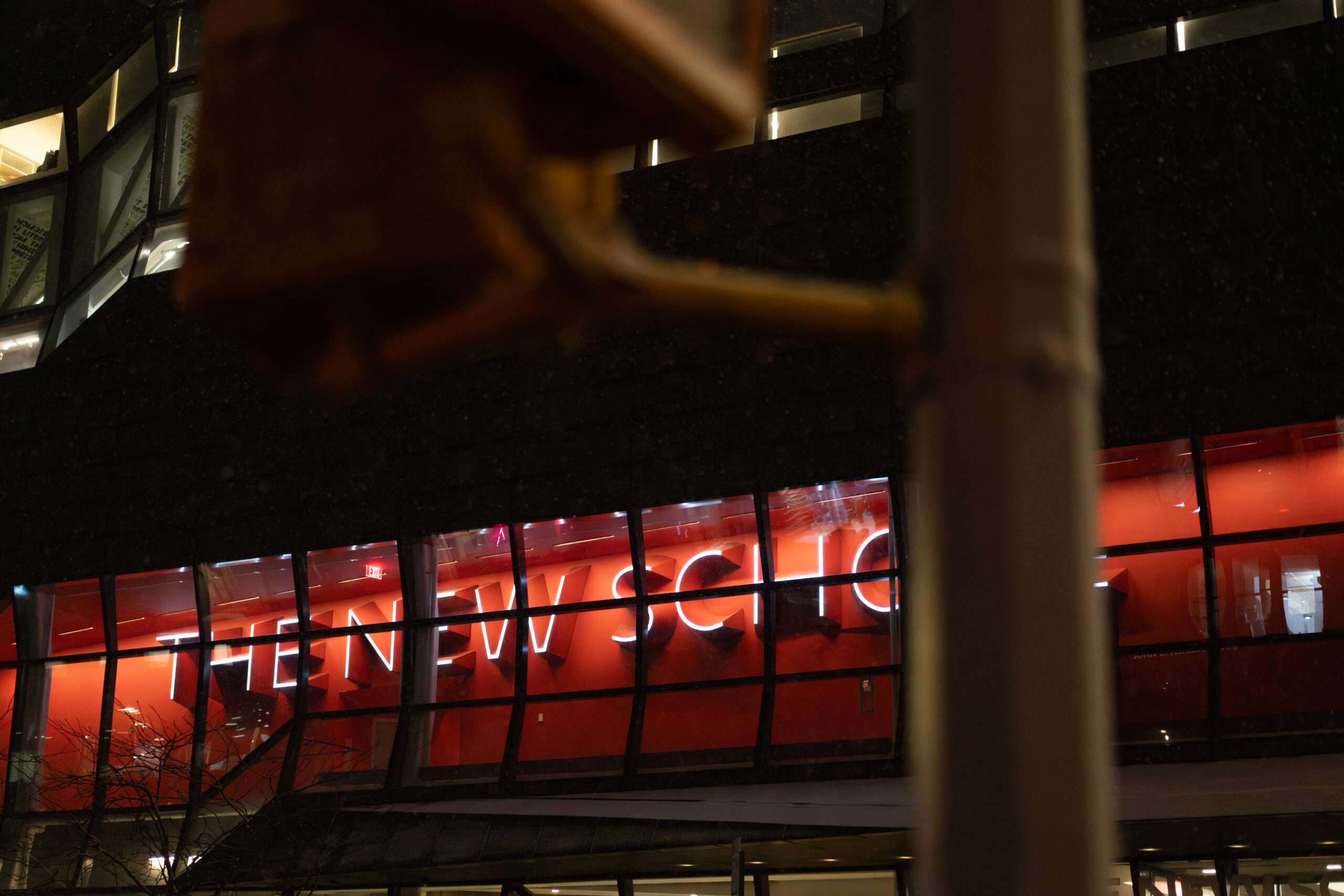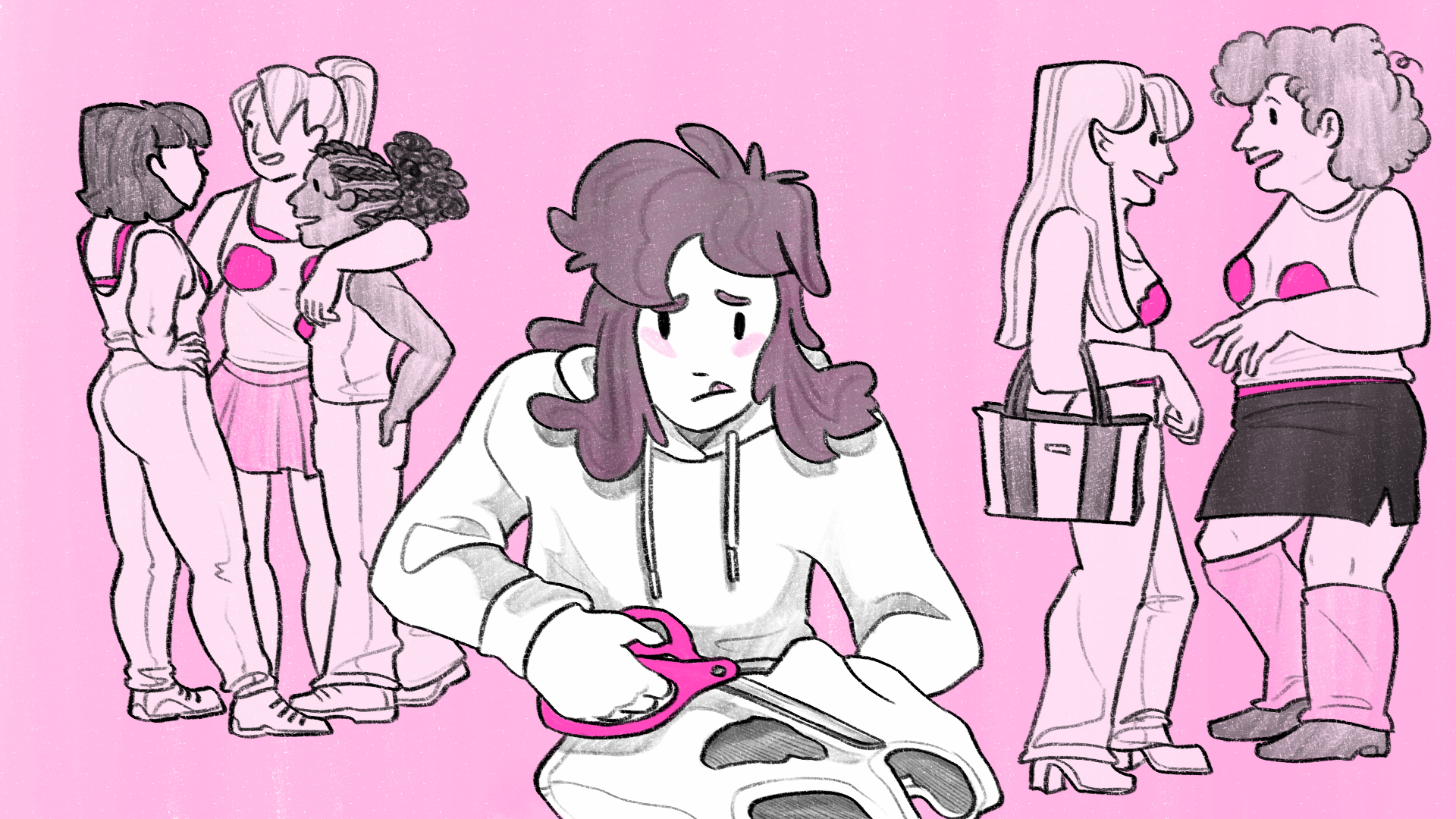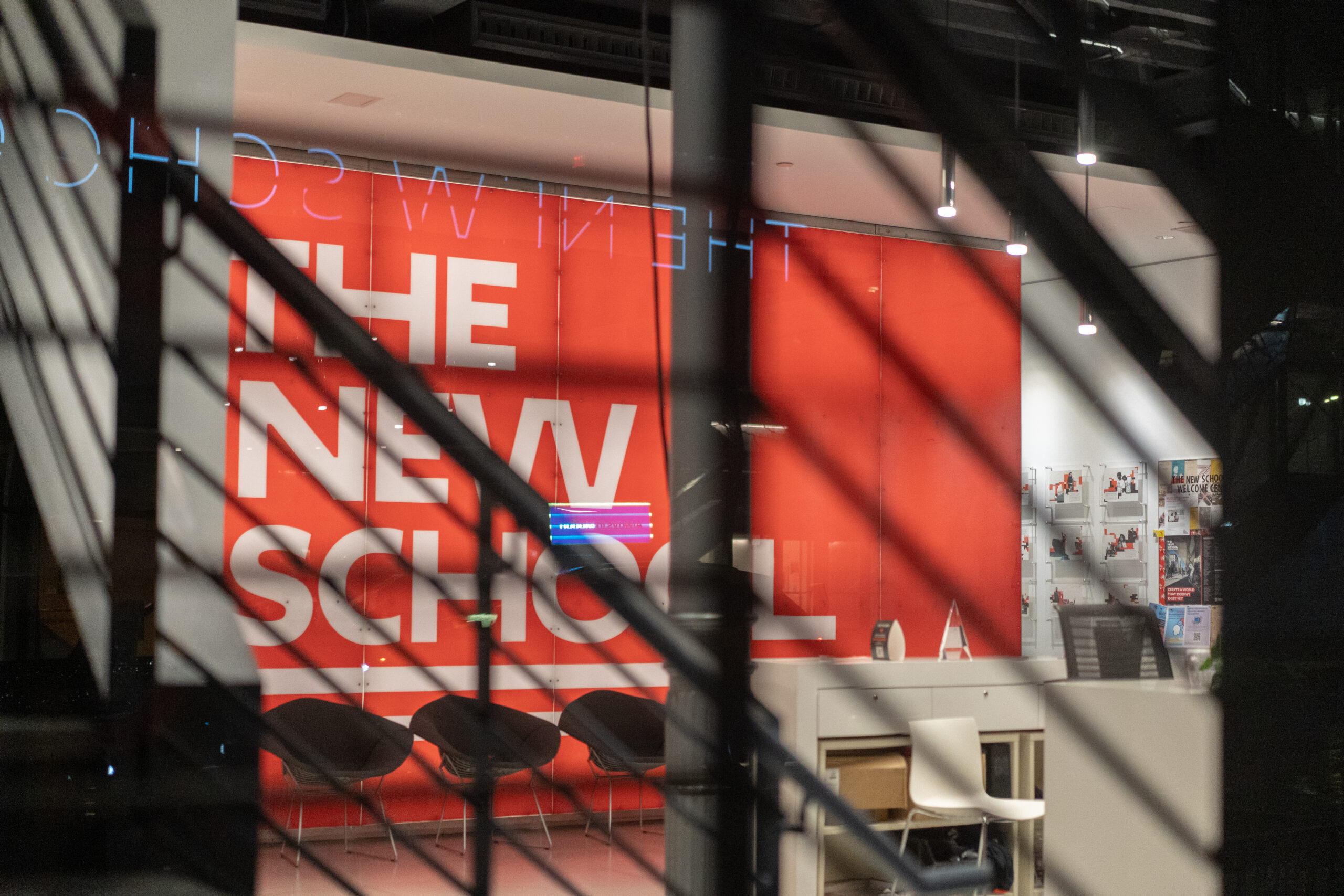Would you work for $1 per hour? That was the salary of former Condé Nast interns who sued the company for failing to pay them minimum wage. A lawsuit that began last June against unpaid internship programs at the publishing powerhouse was settled on April 4, 2014 for an undisclosed terms.
Former W Magazine intern Lauren Ballinger and former New Yorker intern Matthew Leib sued Condé Nast Inc. after their internships during 2009 and 2010, saying that they were paid unfairly.
“The Federal Fair Labor Standards Act and New York Labor Law do not allow employers to allow workers to work for free — even if the workers give their consent,” said Leib and Ballinger’s attorney Rachel Bien of the law firm Outten & Golden LLP. In the case of Ballinger vs. Advance Magazine Publishers Inc., the settlement details are not available.
After the widely publicized accusations, Condé Nast ended its internship program this January. The end of the program affects both parties involved: future interns will not have a chance to get their foot in the door at coveted magazines like VOGUE and GQ, while editors will lose a lot of in-office support with smaller but essential tasks.
Unpaid internships are common; most interns work for academic credit and little to no pay, since the office is supposed to be treated as a real-life classroom.
According to Fashionista.com, W Magazine editors remarked to Ballinger that the job was “reminiscent of Anne Hathaway’s job in [the movie] The Devil Wears Prada.” Ballinger took the matter to court after working from 8am to 10pm and her editor failed to give her the recommendation she needed to earn college credit. Leib carried the workload of a full-time paid entry-level assistant, including proofreading and editing, but worked regular business hours and only received a small stipend.
In 2010, The Department of Labor issued New Federal Guidelines on Internships. Legal internships must meet the following criteria to determine if it required to be paid.
1. The internship, even though it includes actual operation of the facilities of the employer, is similar to training, which would be given, in an educational environment.
2. The internship experience is for the benefit of the intern.
3. The intern does not displace regular employees, but works under close supervision of existing staff.
4. The employer that provides the training derives no immediate advantage from the activities of the intern; and on occasion its operations may actually be impeded.
5. The intern is not necessarily entitled to a job at the conclusion of the internship.
6. The employer and the intern understand that the intern is not entitled to wages for the time spent in the internship.
These guidelines were also used by the Department of Labor in a suit filed in February 2012 by Xuedan “Diana” Wang against Hearst Corp. Ms. Wang claims that as an unpaid intern at Harper’s Bazaar magazine, she frequently worked more than the legal limit of 40 hours a week. U.S. District Judge Harold Baer denied a class certification for Wang’s lawsuit and rejected the interns’ bid for summary judgment on their status as “employees” under the Fair Labor Standard Acts (FLSA) and New York Labor Law. The DOL issued a brief stating:
“Instead of utilizing the department’s long-standing, objective test, the district court adopted a more subjective ‘totality of the circumstances’ test that necessarily makes it more difficult for both employers and interns, as well as courts, to determine whether interns are employees entitled to the protections of the FLSA.”
The Intern Labor Rights Movement fights against the legal implications of unpaid internships like Wang’s and Ballinger’s, and the overall status of interns in today’s labor market across the nation and target employers who continue to abuse the power of labor. Last year, the group targeted Fashion Week in New York and London aimed at unpaid internships in the fashion industry.








Leave a Reply